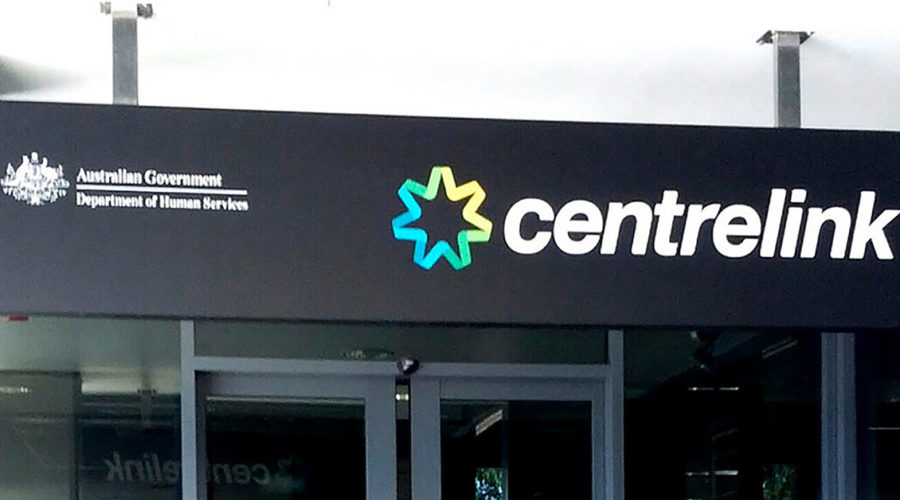Since 1 July 2015, when the Commonwealth Government made changes to the way the Disability Support Pension (DSP) was assessed, it has been increasingly difficult for clients with long-term disabilities to receive this important support. Many people who could be eligible remain on Newstart Allowance with no ability to work or to meet their ‘mutual obligation’ requirements. This leaves them at risk of their payments being cut-off completely because their disability prevents them from taking the steps they need to apply for a DSP. Two recent cases where BCLS successfully represented clients highlights just how difficult the process can be.
Paul* had an intellectual disability and could not read or write. He had previously been on the DSP before the changes and didn’t understand why he had been put on Newstart over 2 years ago. Paul wasn’t able to understand letters he was being sent by Centrelink, or the form to make a new DSP claim. BCLS wrote to Centrelink asking for the records for previous claims and then arranged for Paul to see specialists in clinical psychology and cognitive impairment. Paul had great difficulty attending appointments and the BCLS Social Work Service supported him to do this. After 5 months, he faced a final obstacle – he couldn’t afford to see the exact specialist he needed for the conditions he had. Luckily, three weeks later Centrelink decided to schedule an appointment with their own doctor who could make an assessment. BCLS then wrote to Centrelink summarising all the medical evidence in relation to Paul and how this made him eligible for the DSP. After all this, a total of 8 months, Paul’s DSP was finally reinstated.
Jack* had degeneration of his hips requiring two Total Hip Replacements as well as serious mental health concerns. He had applied for DSP twice and been rejected each time on the grounds that until both Total Hip Replacements were completed his medical condition wasn’t ‘fully treated.’ After the first procedure was done, the fear of another surgery and low quality of life with very little income for necessary medication meant that Jack’s mental health quickly deteriorated to the point he was unable to function. BCLS assisted Jack to review the rejection of his DSP on the grounds that his mental health condition should have also been considered as this prevented him from having any further surgery. BCLS assisted Jack to obtain reports from specialists who assessed his mental health condition as the highest severe category under the DSP rules. BCLS then advocated for Jack for a further 6 months before a decision to grant the DSP was finally made, more than 14 months after Jack originally applied.
These cases highlight an issue BCLS assists clients with every week – the impracticality of the current DSP rules. Under the current system it is only with the assistance of countless professionals and support workers that clients are meeting the strict requirements.
If you or anyone you know or work with is having difficulty navigating the requirements of the DSP, don’t hesitate to contact our office for an appointment on 1300 430 599.


